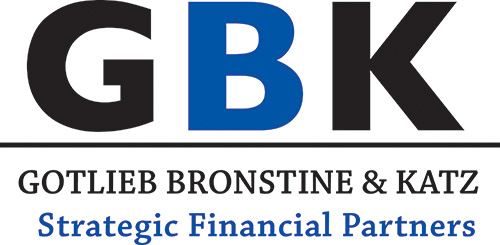Wealth Transfer Strategy
by Michael Bronstine
Your situation
You have reached a level of financial success that has allowed you to accumulate more wealth than you’ll need in your lifetime. You would like to transfer a portion of this wealth to your heirs without having to pay a lot of tax.
An option to consider – the Wealth Transfer Strategy
Many people accumulate money to leave to their children or grandchildren by investing in an RESP, a TFSA or some other taxable investment. These investments may have contribution limits, be subject to tax or may not provide the level of flexibility you are looking for. The Wealth Transfer Strategy uses a permanent life insurance policy as a tax effective way to transfer wealth to your children or grandchildren and provide you with control of this wealth until it is transferred.
How the Wealth Transfer Strategy works
As a parent or grandparent with excess wealth, you purchase a permanent life insurance policy on the life of your child or grandchild. You are the owner of the policy and you pay premiums into the policy in excess of what is needed to pay for the insurance. This creates cash value. At some point in the future, you transfer the ownership of the policy to your child or grandchild. This transfer may qualify as a tax-free rollover under rules set out in the Income Tax Act and your child or grandchild becomes the new owner of the policy. As the new policy owner, he or she can now access the cash value to meet current or future cash needs, such as paying for post-secondary education or purchasing a new home.
The benefit of transferring the policy ownership is that as long as your child or grandchild is age 18 or older when they access the funds from the policy, if a policy gain arises, it will be income to your child or grandchild, not to you. Another benefit of the strategy is the new owner of the policy (your child or grandchild) can name a beneficiary important to them. The insurance policy is now an important part of their financial plan.

Sorry, the comment form is closed at this time.